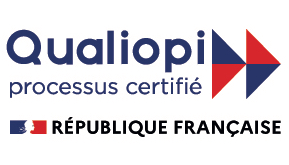Every year IFALPES welcomes American students who come to learn French in France to validate US credits as part of their University Degrees.
Our school has many collaboration agreements with US Universities, and we are open to consider new opportunities. If you wish to come to Annecy to study French don’t hesitate to ask your International Office to contact us.
Mariam KERFAI (Texas University), Logan ALEXANDER ( Ashland University) and Philip McAULEY (Colorado University), kindly accepted to share their experiences with us. This is what they said:
What did you have to do before leaving US? Which steps did you take?
Mariam KERFAI:
“Before leaving the U.S., I made sure that I fulfilled all the requirements for IFALPES (Skype interview with Emmanuel, online test to determine level, payment etc.) and the requirements for my study abroad scholarship. I made sure my passport was valid and checked the weather for Annecy to pack accordingly. It is always helpful to search last-minute check-lists online for studying abroad.”
Logan ALEXANDER:
“I had to get a passport, check all the rules and restrictions for the airlines, plan ahead for packing, and review everything I had already done. “
Philip McAuley:
“There was a number of steps I needed to do before leaving the US. The university I go to, university of Colorado at Boulder, have a check list for all their study abroad students, and the list covers general guidelines for traveling abroad, like what to expect, things to avoid, things to not do, what to do if you lose your belongings, insurance policies, etc etc. We needed to figure out if the country we were traveling to needed a visa or not, then apply for a visa if need be. We needed to establish if we were wanting to stay with a host family or independently.”
How was the orientation before coming? How did your school help you for the trip?
Mariam KERFAI:
“The university held two orientation meetings. There was also another mandatory meeting for scholarship receivers that mostly discussed safety issues for students traveling abroad. The university professors helped me in enrolling on IFALPES online site and answered any questions I had.”
Logan ALEXANDER:
“The orientation was helpful. We met to discuss the common issues that people have when studying abroad, shared tips on how to most effectively handle whatever issues came up, and we had plenty of opportunities to ask questions throughout the process.”
Philip McAuley:
“Orientation included talking with a study abroad program advisor, and a couple of student alumni that had already gone through Ifalpes in Annecy before, so we got to ask them questions pertaining to their experiences here. It was very helpful hearing about what they did here and their perspective on things.”
How does the credit system works? And how do you validate your diploma with this credit system?
Mariam KERFAI:
“After going to class, passing a written exam, and giving an oral presentation, the status of course completion will be sent from IFALPES to my university. The chair of my major’s department will validate the 3 credit-hours. As I am a Modern Languages and Literatures major with an emphasis in French, credit for this course will go towards fulfilling my French language requirements and study abroad experience. “
Logan ALEXANDER:
“I will earn 6 credits when I finish the program. My grade will ultimately be determined by my Ashland University professor, who will also confirm to the registrar’s office that I did successfully complete the course (and we will have the diploma for proof).”
Philip McAuley:
“I personally need the language credits to graduate electrical engineering. At my school, they require you to have 2 semesters of a foreign language, so after each month at Ifalpes, I take an exam to see if I get credit. But other students here from my university are here for different language credits, like one of them wants a minor in the French language.”
Do you think that this experience will be useful for your future? If yes, why?
Mariam KERFAI:
“This experience was useful not only for my major’s language requirements but also for improving my ability to communicate in French and discover more of French culture on a daily basis. Class time was always interactive and productive and I feel I improved my French skills immensely in a short period of time. For me, the biggest achievement is the ability to confidently converse in French in various settings. This experience will be useful for my future because I hope to either one day work in a French-speaking setting or use my language skills in translation/interpretation.”
Logan ALEXANDER:
“I expect this experience will definitely be useful for my future. I have had the opportunity to discover a different culture, immerse myself in a foreign language, and ask people from that culture questions relating to my majors (history, political science, and religion), giving me a broader perspective, which is always valuable. Whether I use French or not, what I have learned here will be helpful in my interactions with others.”
Philip McAuley:
“The experience here will be helpful if I want to get a job in France and it will be personally helpful in having experience in a foreign country.”
Faculty Led Programs in Annecy
IFALPES also welcomes Faculty Led Programs in Annecy. We interviewed Patrick Lobert who is a professor in the Truman State University in Missouri regarding what he thinks are the advantages of a Faculty Led Program?
This is what Patrick Lobert PhD said:
“I don’t think that faculty-led programs are in any sense better than non-faculty- led programs, but they appeal to students and faculty for different reasons and have certain benefits.
Some students choose faculty-led programs because they prefer to travel with a group. They want the support of a faculty member and a group of friends they know and trust to help them negotiate the challenges of studying, living and traveling in a foreign country.
From a programmatic point of view, some faculty want to design very tailored programs along a defined theme that take students to very specific places and give them very specific experiences that complement their academic programs of study at their home schools in the USA. For instance, at Truman, faculty in business lead students on a visit to various sites important to the business and government in the European Union. Or another Spanish faculty member takes students on a trip to see very specific sites in Spain or Mexico of cultural and historic significance.
Here at IFALPES, I teach students a course that, combined with course they do at IFALPES, can be easily transferred back to their academic programs at Truman State University. I’m currently teaching a French phonetics and pronunciation course which is a component of a course taught in the French program at Truman. Students will be able, should they choose to do so, to combine that phonetics course with the work they do at IFALPES and get academic credit for a course taught at Truman in advanced French language, a course which is required of French majors. Similarly last year, I taught a French literature course that students were able to transfer.
The value of teaching abroad for faculty and students is that one’s classroom is greatly expanded. Immersed in French culture, the whole environment becomes the classroom and provides richer experiences and interactions to discuss and talk about with students. This works not only in terms of every day interactions, but on a literary, cultural level too. When students read some 19th century French short stories last year by Balzac or Rousseau, it was good to be in the Alps near Switzerland which was the geographic site of so many references in the stories of that period.”
CCIS Study Abroad Programs in Annecy
IFALPES is member of College Consortium of International Studies (link web CCIS: http://www.ccisabroad.org/program.php?link=france_ifalpes ). All students coming from CCIS members can benefit of the Programs to learn French in Annecy sponsored by Truman State University and Miami Dade College.
Regularly CCIS students take part in our Autumn, Spring, and Summer Courses to validate up to 15 US Credits.
For further information you can contact: [email protected]



